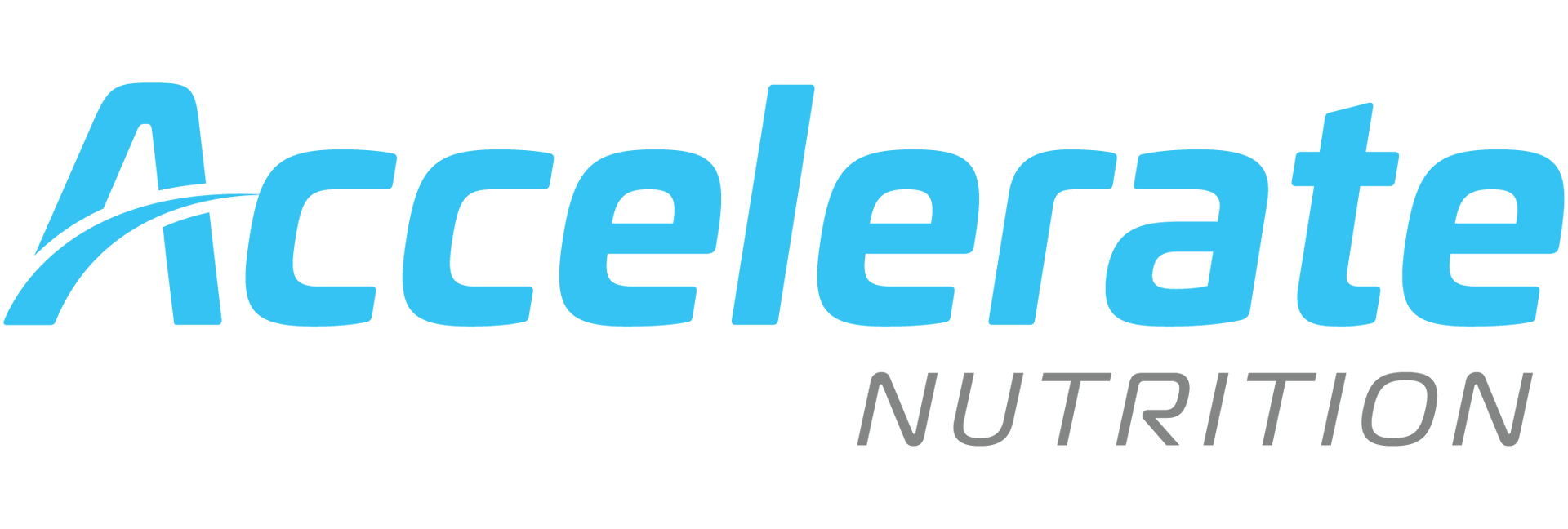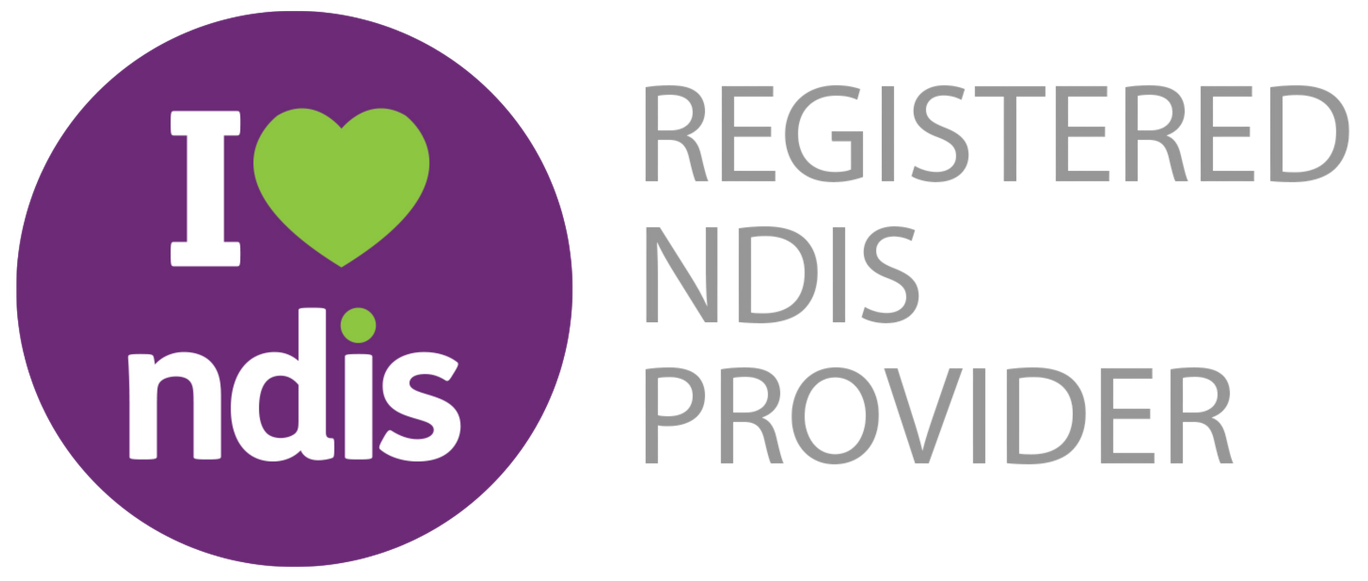Supplements Shouldn’t Be Your Only Source Of Nutrients
Fuelling Your Body Without the Fuss
So which one is better - real food or supplements? The truth is, they’re not in competition.
Supplements are called “supplements” for a reason - they’re meant to add to a whole food diet, not replace it.
When it comes to fuelling workouts, the options can feel overwhelming.
Some people swear by pre-workout powders, protein shakes, and electrolyte mixes. Others prefer toast, fruit, or a hearty breakfast.
Let’s explore how you can use both in a way that supports your energy, goals, and relationship with food - without pressure or perfectionism.
Real Food: A Strong Foundation
Real food includes everyday meals and snacks: toast, fruit, yoghurt, rice, eggs, smoothies, sandwiches, and more.
These are the foods many people already enjoy - and they can be powerful fuel.
Benefits of Real Food:
- Budget-friendly and accessible
- Packed with fibre, vitamins, and natural energy
- Familiar and comforting
- Easy to personalise based on taste or dietary needs
- Supports long-term health and wellbeing
Real food offers more than just nutrients. It supports your digestive health, mental clarity, emotional balance, and satisfaction.
It allows you to engage all your senses - smell, taste, texture, and even temperature - which makes eating more enjoyable and mindful.
Real Food Ideas:
- Toast with peanut butter before a walk
- A banana mid-workout
- Tuna and rice after a strength session
- Eggs and veggies on toast for recovery
- A smoothie with milk, oats, and berries
- Overnight oats with chia seeds and fruit
- Yoghurt with muesli and nuts as a quick snack
A Few Considerations:
- Might take some prep time
- Not always convenient when on the go
- Less precise if you’re tracking specific nutrition targets (which isn’t always necessary!)
- Can require kitchen access or storage space
For many people, real food supports both physical and emotional wellbeing.
Eating foods you recognise can feel grounding and enjoyable - especially if you’ve had a complicated relationship with dieting or strict food rules in the past.
Sports Supplements: Useful in Certain Situations
Sports supplements are things like:
- Pre-workout drinks
- Protein powders
- Recovery shakes
- Electrolyte mixes
- Energy gels or chews
These are often used by athletes, active individuals, or people with specific health needs - but they’re not just for high-performance settings.
They can also be helpful when you’re short on time, managing fatigue, or dealing with reduced appetite.
Benefits of Supplements:
- Very convenient when training frequently
- Portable and often shelf-stable
- Handy for long sessions or travel
- Helpful for high energy needs or low appetite days
- Can be a quick solution when time or prep is limited
- Some include added nutrients like creatine, BCAAs, or collagen
Examples of When Supplements Fit:
- A protein shake after a gym session
- An electrolyte drink on a hot training day
- A sports gel during a long hike or run
- Collagen powder added to smoothies for joint support
- A ready-made recovery drink after team sport matches
Potential Drawbacks:
- Can be expensive over time
- May contain additives or sweeteners that don’t work for everyone
- Might trigger diet-focused thinking for some
- Can feel more like a product than a meal
- May cause digestive discomfort in some people
- Can encourage “all or nothing” approaches if overused
Supplements can be helpful, but they aren’t necessary for everyone.
They work best when they support - not replace - a food-first approach. They’re tools, not must-haves.
Real Food vs. Supplements: Key Differences
- Cost: Real food usually costs less. A homemade smoothie might be $2–3, while a branded shake can cost $5–8.
- Satisfaction: Whole foods are often more filling and emotionally satisfying.
- Nutrient Variety: Real food offers fibre, healthy fats, and a range of nutrients. Supplements are more targeted.
- Flexibility: Real food lets you respond to how you feel. Warm meal? Cold snack? You decide.
- Relationship With Food: Real meals often feel less pressured or rigid, helping build a relaxed mindset around eating.
- Digestive Impact: Real food can be gentler for sensitive stomachs.
- Taste & Enjoyment: Real food gives you texture, flavour, and variety. Some shakes taste great - others, not so much.
- Connection to Culture: Real food can reflect your heritage, traditions, and cultural practices in a way supplements can’t.
So, Which One Should You Choose?
There’s no one-size-fits-all answer. Your best approach depends on your lifestyle, energy needs, and personal preferences.
You can think of real food as your base, and supplements as tools to support your goals when needed.
Choose Real Food If You:
- Prefer a relaxed, flexible approach
- Like the comfort and variety of familiar meals
- Have time to prep or eat at home
- Want to support digestion and overall wellbeing
- Are on a budget or reducing food-related stress
- Enjoy cooking or connecting with food preparation
Choose Sports Supplements If You:
- Train multiple times per day or for long periods
- Have high energy needs but low appetite
- Travel often or need portable options
- Want quick nutrition with minimal prep
- Are working toward specific fitness goals and need targeted support
- Need help getting nutrients in when tired or overwhelmed
Many People Use Both - And That’s Great
You don’t have to pick sides. Combining real food and supplements can offer the best of both worlds.
Supplements are just one way to meet nutrition needs when food isn’t enough or convenient. They don’t have to be used every day - only when it makes sense for you.
Example Fueling Routines:
Morning Gym-Goer:
- Before: Banana and coffee
- During: Water
- After: Smoothie with fruit, oats, and protein powder
Evening Yoga Class:
- Before: Rice cakes with nut butter
- During: Water
- After: Pasta with veggies and cheese or lentil soup
Weekend Long Walk:
- Before: Toast with avocado
- During: Fruit bar or electrolyte drink (if over 90 mins)
- After: Chicken, rice, and salad
Busy Workday With Evening Gym Session:
- Lunch: Grain bowl with roasted veggies and salmon
- Afternoon: Protein bar if short on time
- After workout: Stir-fry with tofu and brown rice
The key is listening to what your body needs - not chasing a perfect formula.
How to Tell If Your Fueling Is Working
You’ll know your workout nutrition is on track when:
- You feel energised during training
- You recover without excessive soreness
- You aren’t obsessing over food or nutrition
- Your mood and sleep feel balanced
- You’re not crashing mid-session
- Your digestion feels settled and consistent
- You look forward to meals and snacks
And if something doesn’t feel right - that’s okay. Nutrition is not a fixed plan. You’re allowed to adjust as you go. Flexibility is a strength, not a flaw.

Curious About What Works Best For You?
Still unsure about real food vs. supplements - or how to build a routine that works for your body?
That’s okay.
The best plan is one that suits your lifestyle and helps you feel steady, supported, and satisfied.
You don’t have to figure it out alone. We're here to help you explore your options without stress.






